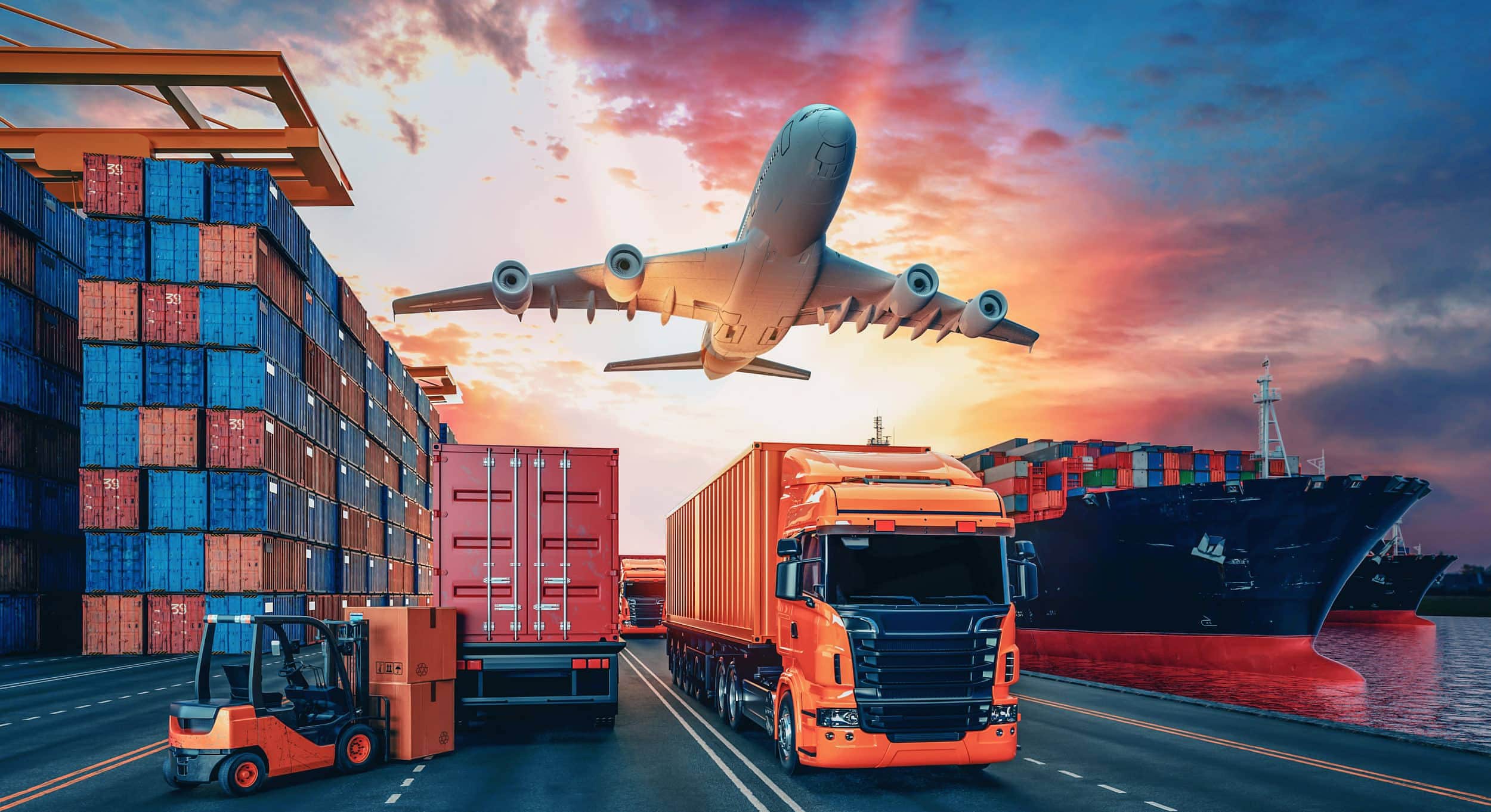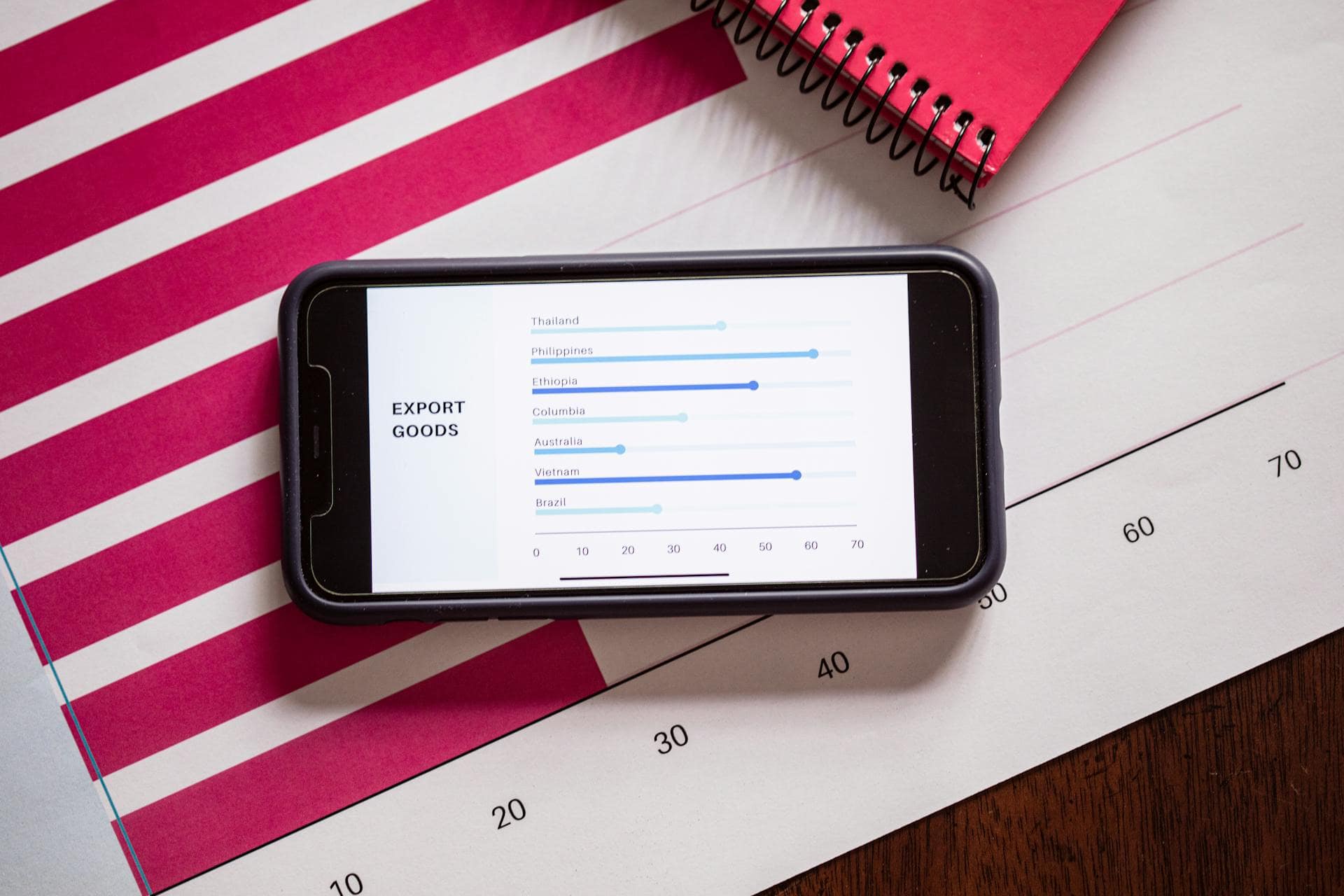‘Global Trade Management’ Explained
The term “global trade management” (GTM) essentially refers to a global company’s protocol for ensuring compliance with all import and export regulations. Each company involved in international trade must strictly adhere to the trade laws in the country of origin and destination. This includes product-specific tariffs, country-specific sanctions, product classification codes, etc.
Establishing global trade management policies and selecting digital solutions is the responsibility of a company’s executives. They can set their global business up for success by finding ways to streamline each phase of the import/export cycle, from clearing customs to cash flows. In addition, a good GTM approach will take specific measures to stay informed about the most current trade laws.
What makes global trade management so critical for both small businesses and enterprise-level traders?

Why Global Trade Management is Important
Importing and exporting are never as simple as getting a product from country A to country B. There are licenses and permits to obtain, taxes and tariffs to pay, thorny supply chain disruptions to navigate, and logistics to arrange. Additionally, regulations change rapidly, making it challenging to stay abreast with the most current laws.
What are the potential dangers of failing to keep up with trade regulations? What are the benefits of adopting a business-smart global trade management strategy?
Avoid the Dangers of Non-Compliance in Global Trade
Here are a few consequences that come with non-compliance:
- A score of legal repercussions. – Breaking trade laws – whether wittingly or unwittingly – exposes a company to serious legal consequences, including fines, revocation of licenses and permits, and even imprisonment, depending on the nature of the offense.
- A damaged reputation. – “It is not uncommon that companies refrain from doing business with companies that either have a history of non-compliance or are being investigated for potential violations,” warns Torres Law, PLLC, in an article for HG.org, an online library of legal resources.
- A substantial financial loss. – Failing to comply with international trade laws can trigger a major financial crisis for a company.
On a positive note, staying compliant and profitable as a global trader is possible.
Reap the Benefits of Global Trade Compliance
Here are a few benefits that come with trade compliance:
- A clean record. – When a company is careful to dot all its i’s and cross all its t’s, the stakeholders can rest easy knowing they’ll be able to keep operating without any ugly legal battles.
- A strong reputation. – Who wouldn’t want to do business with an upstanding and organized company? A company with a good reputation for compliance is more likely to establish key, long-standing relationships with the most strategic trade partners.
- A better bottom line. – Rigorous trade compliance practices help traders to avoid costly penalties and take advantage of money-saving opportunities, like free trade agreements and duty drawbacks.

How to Make Global Trade Easier – Using the Right Tools
A respectable carpenter would never arrive on the job with a rock to pound nails instead of a hammer. Likewise, business-savvy traders know how to select the right global trade management tools. Well-chosen software can help even small global businesses break into their market and stay compliant.
Still, rather than merely setting ‘compliance’ as an end goal, it’s best to aim higher. Global companies should plan to be profitable. A global trade management strategy and using the right tools are the foundation of profitability.
An Example of Saving Money and Simplifying Global Trade
Take managing duty drawbacks as an example. Unfortunately, many companies miss out on the benefits of duty drawbacks, either because they are unaware of the potential savings or they are unwilling to do the extra leg work it takes to apply. However, traders can recover a significant amount of funds for qualifying imports and exports simply by keeping good records and applying for drawbacks.
Take a look at this data from the top importers in the wine industry alone. “For 2015, CBP processed $51.393 million in excise refunds for substitution drawback claims for the top 20 importers [of wine],” says the United States Customs and Border Protection (CBP). Yes, these companies recouped over fifty-one million dollars in import tariffs simply because they were organized enough to claim it. They had a global trade management strategy in place.
How can your company ensure you are taking advantage of the duty drawback provision in place? Global traders can use duty drawback management software to keep accurate records, calculate duty, and prepare claims. The right software can streamline your record keeping and help your company maximize profits.
What are other global trade management tools at your disposal?
Global Trade Management Resources
In today’s market, traders – from Fortune 500’s to startups – are implementing global trade management software to automate their processes, promote compliance, and maximize profits.
At OCR Global Trade Management, we’ve spent over 35 years anticipating the needs of global traders and creating comprehensive, user-friendly solutions. Our unique GTM software platform automates your processes to mitigate risks, increase security, and actively save money.
We are a trusted global trade management resource for Fortune 500 companies like Abbott Laboratories, Chevron, and General Electric. Still, our GTM software solutions provide companies of any size with the tools they need to stay compliant and profitable in the ever-changing global trade landscape. Using OCR’s GTM solutions can help your company stay in control and give you the confidence you need to do business beyond borders.
Make trade easier! Contact us to get started using OCR’s professional global trade management software or request a product demo.



